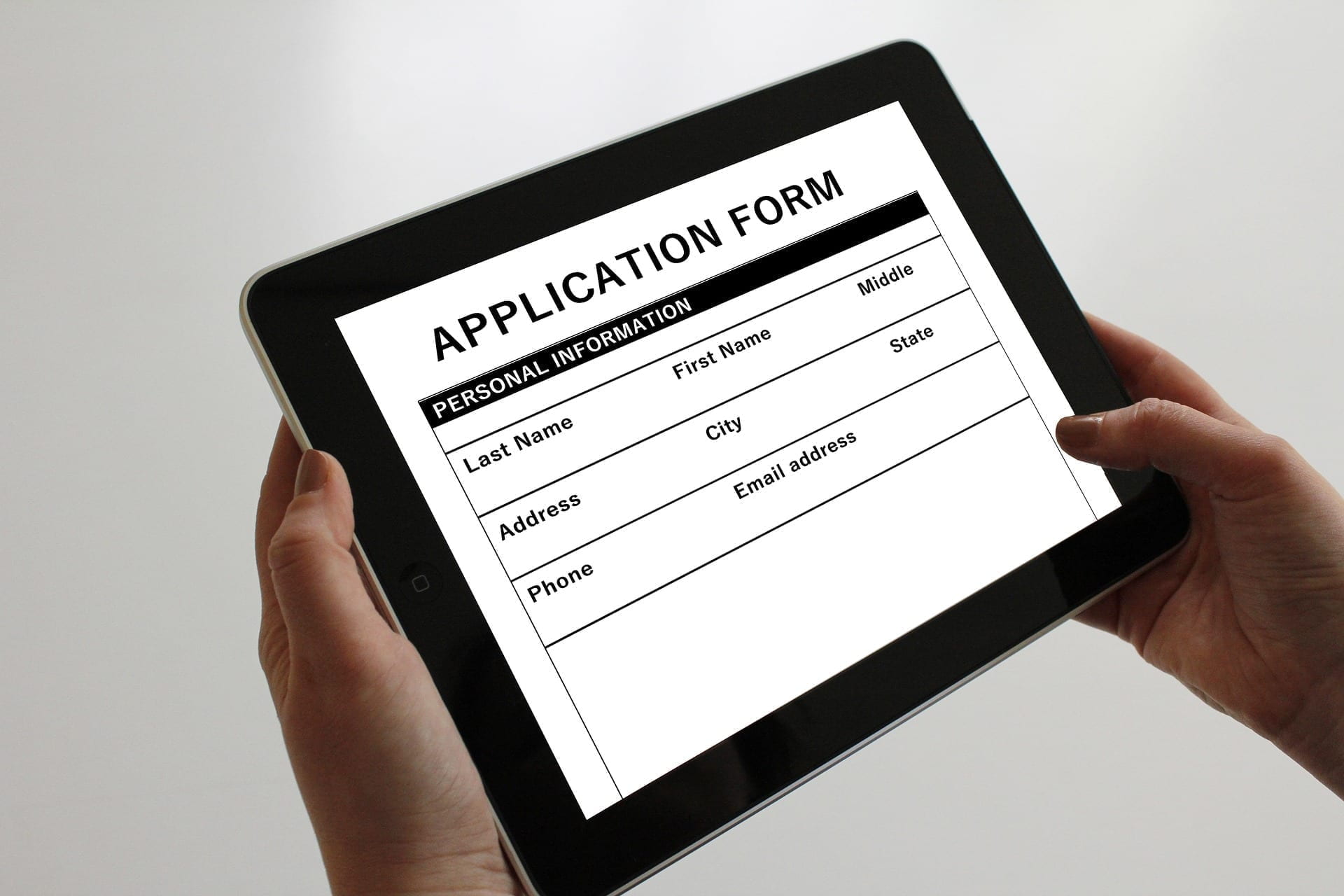
Top tips for graduate scheme applications
Graduate schemes are a great way to start your career, you can keep learning while being paid! But unfortunately, competition for places is very high and the application process can be long and difficult. But here are some of my top tips for making it through!
1. Follow your interests
It can be tempting to apply for every graduate scheme under the sun. But due to the sheer volume of graduate schemes and how long the applications can take (often 2+ hours), you’re better off focussing your applications more carefully. Apply for positions, organisations and industries that really interest you and things will go much more smoothly.
2. Have your CV ready to go
While there is a lot of variety in the application process, they will all want one thing sooner or later. Your CV! It’s important that you have an up-to-date version of your CV ready to be uploaded. Make sure that it’s tailored to the programme you are applying for, by highlighting your most relevant experience. If you think it needs a little bit of work, you can go and see the Careers and Employability service who will give you some pointers and help you improve it.
3. Practice psychometric and reasoning tests
Another common element among the applications is psychometric and reasoning tests. These are usually timed tests that measure your ability to think, reason and act appropriately under pressure. These are one of the most difficult things I’ve found when applying for graduate schemes. Something that has really helped me is to practice, and you can practice them through Blackboard and receive feedback on how you performed. Just go to Blackboard, click the My Blackboard and then My Careers tabs, and then click on the Psychometric Tests button.
4. Demonstrate your experience
Whatever your subject, hopefully you have built up some kind of experience within your industry. Whether you’ve attended industry events, done some work experience or volunteered, it’s great to show employers that you’ve gained some skills and experience. Try to work this into the answers to any questions you get given. Typical examples are ‘Tell us about a time you worked well in a team’ or ‘Tell us about a time you learned from a mistake’ – if you can answer the question well and tie it into your experience, you’re onto a winner.
5. Prepare for interviews
If you get beyond the initial application, you’ve already done well! But the next stage on can often be tricky: interviews. Often, these aren’t face to face interviews but video-interviews, especially during the early stages of applications. For the, e you will be shown (or get to watch or listen to) a question and you’ll have a set amount of time to think, and then a set amount of time to answer the question while you’re recorded via webcam. The best approach is to treat these like a traditional interview. Dress smartly, research the company and prepare answers to common interview questions. This preparation will also come in handy if you make it through to an in-person interview!
For more advice on preparing for a Job Interview, check out this vlog!
- Topics
- Applications
- Graduate
- Graduate jobs



